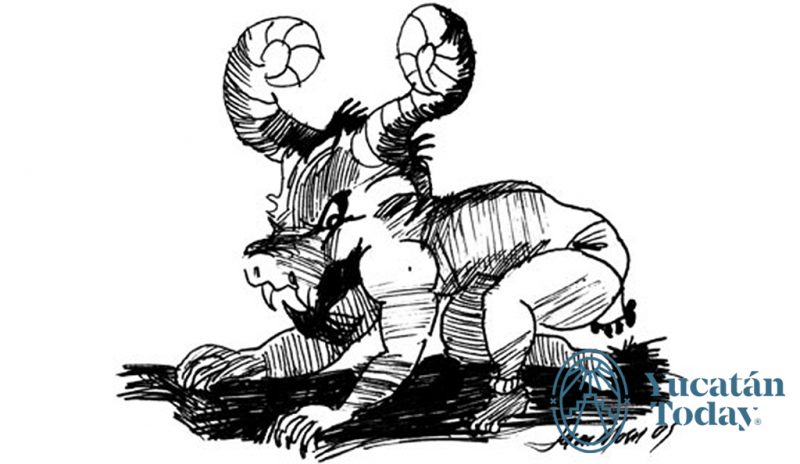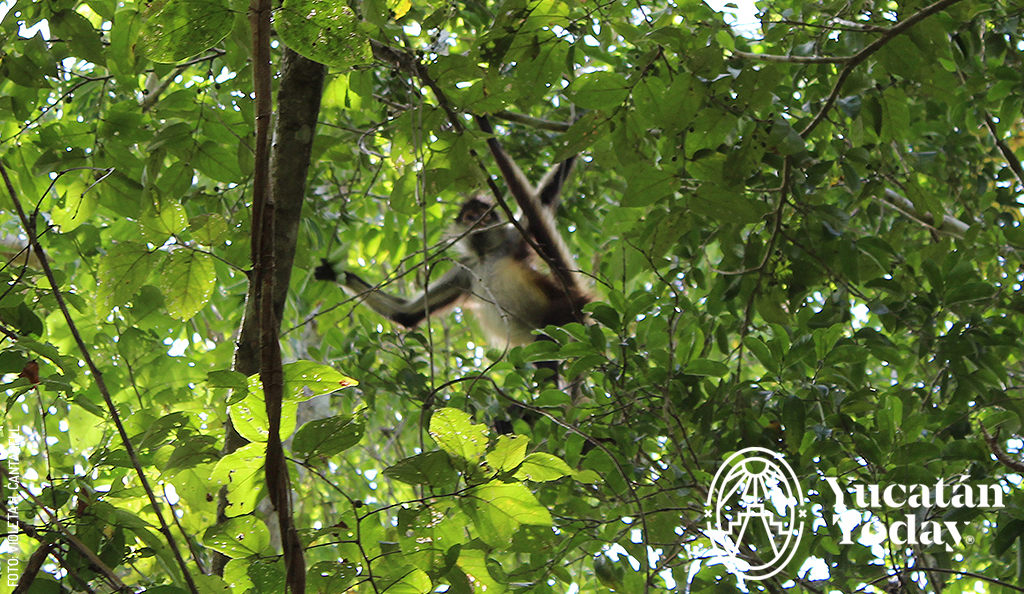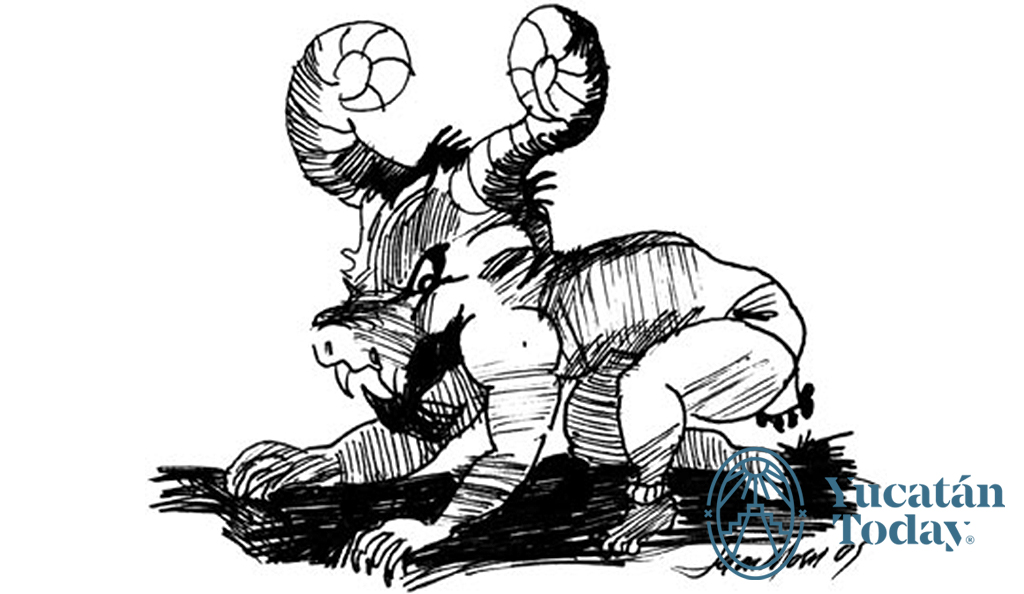 The Latin American reality was magical and marvelous long before we had anthems and flags, thanks to its natural scenery, native people, and to the racial and cultural variety assimilated after discovery by the Europeans.
The Latin American reality was magical and marvelous long before we had anthems and flags, thanks to its natural scenery, native people, and to the racial and cultural variety assimilated after discovery by the Europeans.But if we are still not convinced of how magical our Latin American surroundings can be, we can look at the Yucatecan stories of witchcraft, which, as part of the oral tradition of the region, contribute to the preservation of an integral vision of the cosmos. The experienced Yucatecan social anthropologist Carlos Augusto Evia Cervantes, in his first collection, shares the stories that explore the theme of transformation from human to animal form. In those stories the term "wáay" appears: "wáay chivo", "wáay pek", "wáay burro".
In this first collection, we find a story about Sacalum, a town situated in the north central part of the state. There a young man had the unfortunate luck of a man with "wáay" fame falling in love with his girlfriend. It is said that one night, when the young man was on his way to visit his beloved in the nearby town of Mucuyché, a being appeared on the road which was half baby goat, half demon, black in color, with bulging and flashing eyes. He tried to defend himself, and ended up on the ground, unconscious.
The next morning, he was found by some peasants, and for several days he suffered from a high fever which caused him to become delirious and repeat "wáay chivo". Once recovered, and under the recommendations of a famous nearby wizard, he returned to his customary visits. Then, when he once again encountered "wáay chivo", he was walking with a fierce black dog called a "malix": a breed of canine that accompanies country folk in their work in the fields, and who have the ability to see bad spirits.
The "malix" received from his master the order to attack the sinister being. While this took place, the young man removed ground basil and rue herbs from his satchel, in order to throw them upon the witch, who, in face of the smell and contact with the herbs, roared and twisted with pain. Finally, at the order of his master, the dog let the "chivo" witch go. According to witnesses, the "wáay chivo" left a trail of blood all the way to the door of his house.
There he transformed into a human, and died.

Author: Violeta H. Cantarell
“Meridana,” traveler, animal lover, passionate reader, commentator, and enthusiastic promoter of the natural and human beauty of Yucatán.
¡Receive the latest articles and much more from the best of Yucatán in your email!
Related articles

Punta Laguna, the Sanctuary of the Monkeys
Explore the wonders of Punta Laguna, a sanctuary for monkeys in Mexico. Witness the jungle's beauty, unique activities, and Maya traditions in this...
Adventure has no Limits: Inclusive Tourism
“There are no limits,” is a phrase that Raúl Espejo repeats constantly when he speaks of his experiences as a tour guide in the natural reserves,...





